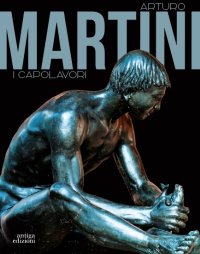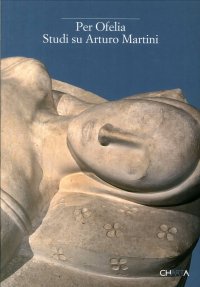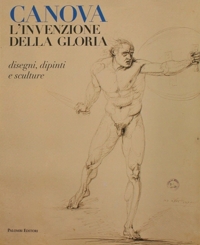Before Archaeology. The Meaning of the Past in the Islamic Pre-Modern Thought (and After)
Artemide Edizioni
Edited by Leonardo Capezzone.
Roma, 2021; paperback, pp. 208, cm 17x24.
(Atlante del Vicino Oriente Antico).
(Atlante del Vicino Oriente Antico, 4).
series: Atlante del Vicino Oriente Antico
ISBN: 88-7575-366-0
- EAN13: 9788875753665
Subject: Essays (Art or Architecture),Essays on Ancient Times,Historical Essays
Period: 0-1000 (0-XI) Ancient World,1000-1400 (XII-XIV) Middle Ages,1400-1800 (XV-XVIII) Renaissance
Places: Out of Europe
Languages: 
Weight: 0.65 kg
This volume aims to explore some aspects of the multifaceted modalities with which classical and pre-modern Islamic thought (with two final glances at modern and contemporary times) has imagined and narrated the past, entering into a dialogical relation with its questioning nature, developing an intellectual and interpretative attitude to the past from different points of view - literary, historical, philological, political, religious, or at the level of collective imagination -, and articulating a complex discourse on antiquity, its memory and its persistence in the cultural and geographical spaces of the Muslim Near East. From different perspectives and with different approaches, the scholarly contributions here collected investigate how the pre-modern Muslim Near East imagined and gave meaning to a past which emerged in the form of traces (a?tha?r - a word which appears, in the Islamic historiographical tradition, every time the description of the landscape meets the desire or the anxiety of interpreting it in a historical framework) before Western archaeology, since the late 18th century, established the epistemic framework of the scientific knowledge of the past. Beyond the political and cultural theme of continuity with the past - understood as an ideal, if static, time of classicism to be retrieved - which has long innervated the research paradigm on the relationship of medieval Islamic culture with the past, a field of investigation still remains largely unexplored, except for isolated studies dedicated to individual places of particular resonance. Much remains to be said on the different ways by which the past appears in the form of object (the ruins, the monument, the inscription); how it shapes, or is concealed in, the landscape; how the past and the discovery of the antique (as a form of written knowledge) becomes a substantial tool in order to justify, vindicate, legitimize or confirm the victory of Islam as the ultimate religion of the Book as well as a political rule; how the ineffable persistence of the past reveals an intrinsic nature capable of asking questions that interacts with the present and calls upon the historian as well any cultural operator to an instance of interpretation. But, above all, much remains to be done in order to shed light on the approaches of pre-modern Arabic Islamic culture to an understanding (and fruition) of the past as it appears in its multiple interpretative arrangements - or, in the words of a crucial definition of Michel Foucault: in its very episteme. The essays collected in this volume investigate precisely the ways in which the historic culture of the pre-modern Arabic Islamic world constructed epistemic frameworks in order to understand and narrate the past, utilizing categories and methods (sometimes in conflict with each other) that sought to define the conditions of truth of the historic narrative and to control the conditions of the use of sources.











